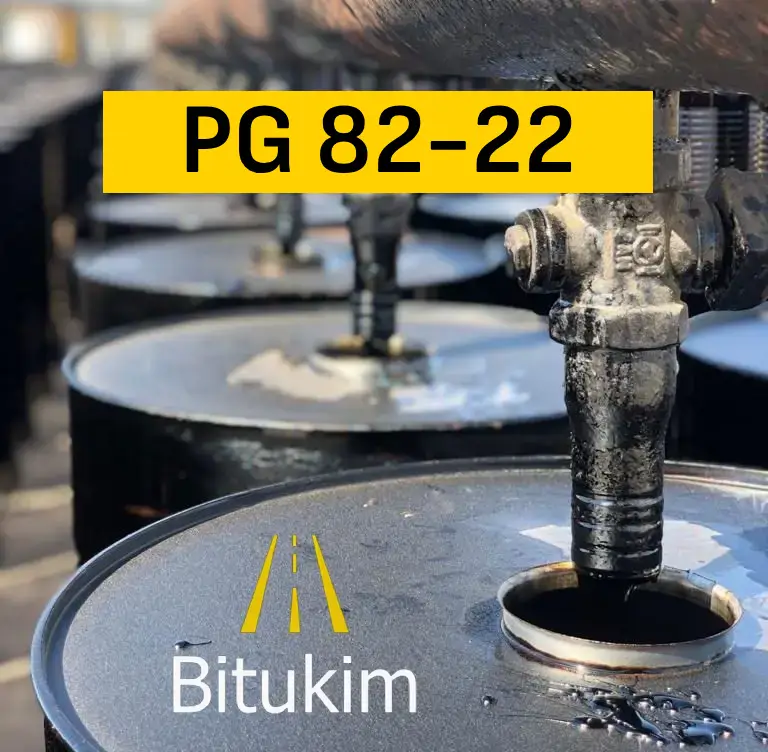
Introduction
Introduce Polymer Modified PG 82-22, explaining its significance in the asphalt industry and its role in enhancing the performance of asphalt mixtures.
What is Polymer Modified PG 82-22?
- Definition: Describe PG 82-22 as a performance-grade asphalt binder modified with polymers to improve its physical properties.
- Components: Explain the polymers used (e.g., SBS, APP) and their purpose in modifying the asphalt.
Benefits of Polymer Modified PG 82-22
- Improved Durability: Enhances resistance to aging and weathering, prolonging the lifespan of asphalt pavements.
- Enhanced Flexibility: Provides greater elasticity, reducing the risk of cracking under temperature fluctuations.
- Temperature Resistance: Performs well in both high and low temperatures, making it suitable for various climates.
- Better Rut Resistance: Reduces deformation and rutting under heavy traffic loads.
- Increased Adhesion: Improves bonding with aggregates, ensuring a more cohesive asphalt mixture.
Applications
- Road Construction: Ideal for high-traffic roads, highways, and airport runways where durability is crucial.
- Pavement Maintenance: Used in sealants and overlays to extend the life of existing pavements.
- Recycling: Can be utilized in recycled asphalt mixes, contributing to sustainability efforts.
Performance Characteristics of Polymer Modified PG 82-22
- Viscosity: Discuss how polymer modification affects the viscosity of the binder, aiding in better mixing and application.
- Test Results: Include data from relevant tests (e.g., Superpave, AASHTO) that demonstrate the performance of PG 82-22.
Environmental Impact of Polymer Modified PG 82-22
- Sustainability: Highlight the role of Polymer Modified PG 82-22 in sustainable construction practices and its potential for reducing environmental impact

